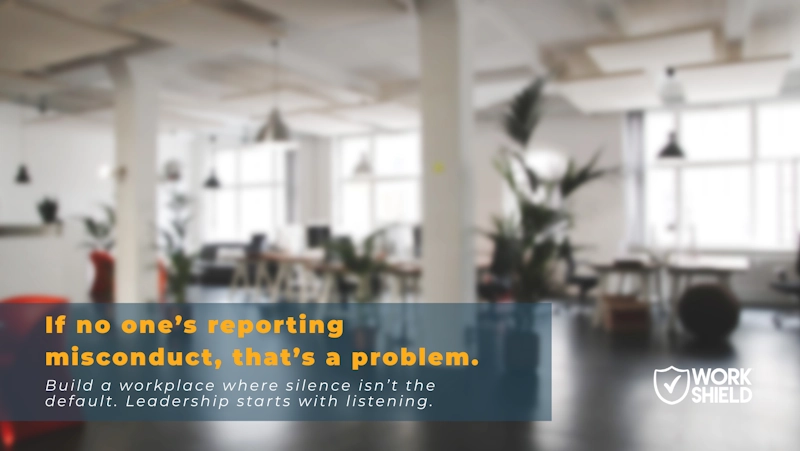Creating a workplace where employees feel a true sense of belonging is the one of the latest business trends of the year, but it’s also one of the most important. Employees of all backgrounds should know that they have a place in their organizations – and not only a place, but a purpose and unique value that, well, belongs. With DEI (diversity, equity and inclusion) strategies on the rise in the workforce, focusing on a sense of belonging fits hand in hand with these practices to support employee well-being and overall business success.
What is a true sense of belonging?
During the Great Resignation, employers struggled through retention efforts while simultaneously trying to fill open roles as workers left jobs for new opportunities. According to the McKinsey Great Attrition survey, more than half of employees who walked away from their jobs in the first six months of 2022 did so because they did not feel valued by their manager or they lacked a sense of belonging. This survey also revealed that employees desire connection with colleagues, with 46% saying they wanted to be on a team where people trusted and cared for one another. Belonging goes beyond being rewarded for the work that an employee does – it is a deeper sense that their unique attributes are fully accepted and appreciated. This includes valuing different identity elements, such as gender, sexual orientation, race and even factors like being a parent.
How can organizations increase a sense of belonging?
Belonging is much more than a workplace perk. It is necessary for employees to bring their very best to work and help reach business goals. In fact, Great Place to Work research shows that employees who feel they belong in the workplace are three times more likely to view their workplace as fun, five times more likely to have the desire to stay with their organization, and nine times more likely to think that people are treated fairly at work regardless of race. As employees continue to make job changes in search of a role with more purpose and a better culture, cultivating a sense of belonging is imperative to retention and overall happy teams. Many organizations are beginning to catch on to this important piece to the workplace culture puzzle, and Nordstrom is one major corporation that is publicly committing to diversity, inclusion and belonging through research and strategies to ensure that customers and employees are welcomed and empowered to be themselves.
Additionally, creating a work environment where all employees are truly heard will instill that intrinsic sense of belonging. Without this factor, employees can quickly become disconnected, and in turn, toxicity grows, productivity falls and employee well-being is brushed to the side. Leaders must implement clear methods for employees at all levels – junior to executive – to share their thoughts, opinions and, most importantly, reports of misconduct. Through this open communication that extends beyond an anonymous hotline or “open door policy,” teams will generate a place where all know they truly belong.
With Work Shield, organizations are supported in cultivating cultures of respect, inclusion and a true sense of belonging that leads to long-term retention. In turn, employees feel empowered and valued, and businesses succeed.





